Keywords: Christopher Pyne
-
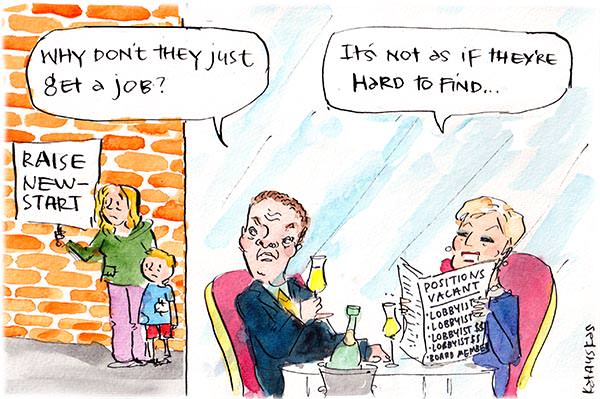
CARTOON
- Fiona Katauskas
- 23 July 2019
READ MORE 
-
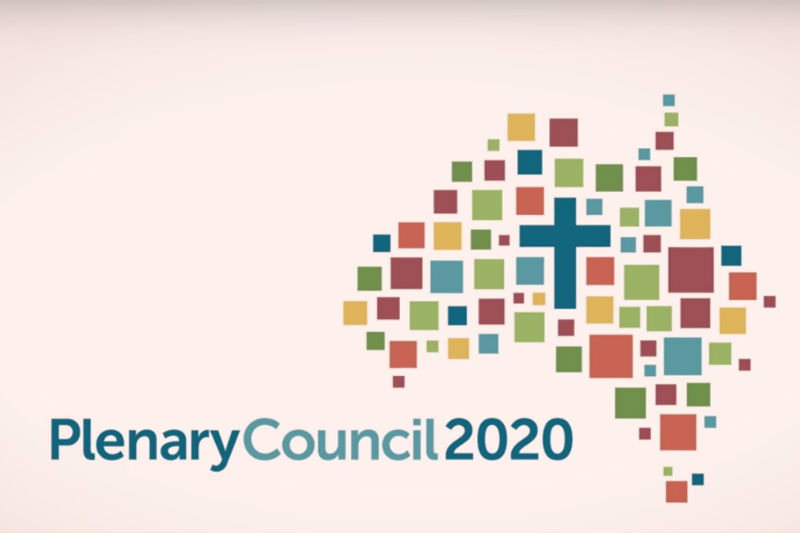
RELIGION
- John Warhurst
- 11 December 2018
53 Comments
Scoring the performance of the Australian church is a complex task at any time. Dioceses and congregations vary enormously. The mission of church agencies continues unabated in education, health, social services and aged care. But by any measure 2018 has been a big year.
READ MORE 
-
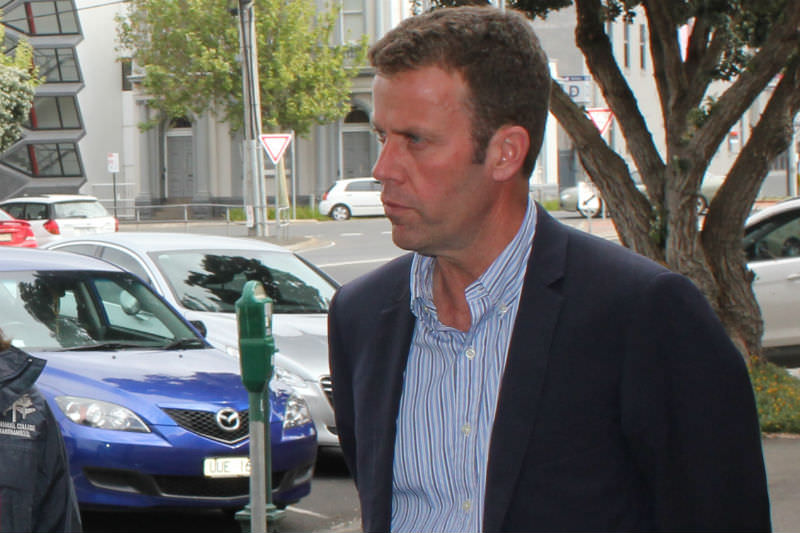
EDUCATION
- Binoy Kampmark
- 01 November 2018
2 Comments
Birmingham's intervention, and Tehan's consolidation of that ill-exercised discretion, suggests Australian Research Council funding will be politicised by executive veto. Expertise will be subordinated to the whimsy of the education minister of the day; researchers will be pondering how to shape their applications accordingly.
READ MORE 
-

INTERNATIONAL
- Justin Glyn
- 18 September 2018
4 Comments
What do the Liberal leadership spill and the Syrian War have in common? Both demonstrate how force of habit, like any other force built up over a long period of time, is very difficult to stop, even when the results are plainly self destructive.
READ MORE 
-
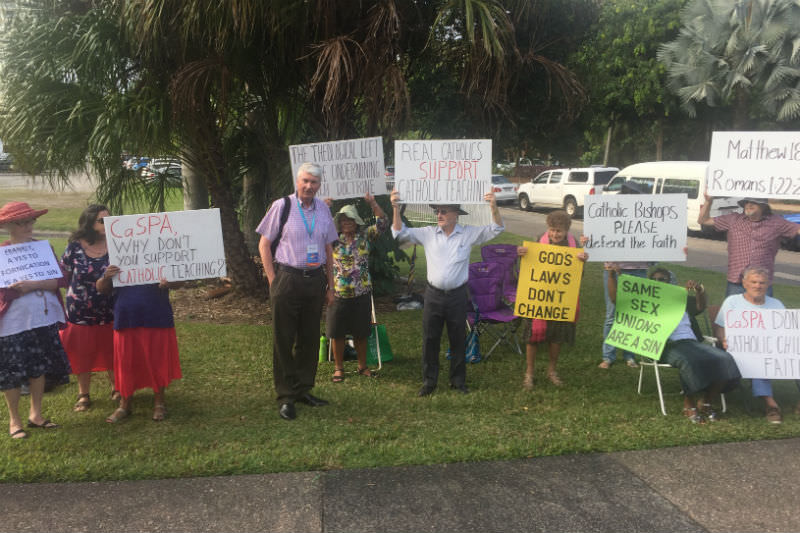
RELIGION
- Frank Brennan
- 16 July 2018
3 Comments
'Kristina Keneally was unapologetic in putting the place of women in our church front and centre. And so we should.' Tropical and Topical, 2018 National Catholic Principals' Conference, Cairns Convention Centre, 16 July 2018.
READ MORE
-

AUSTRALIA
- Noah Vaz
- 13 February 2018
10 Comments
When Australia's arms sales reach the shores of countries and parties with histories of human rights abuses and blunders, the growth or even existence of a defence exports industry must be heavily questioned.
READ MORE 
-

AUSTRALIA
- Andrew Hamilton
- 04 August 2017
14 Comments
Defence Minister Christopher Pyne recently called for an expansion of the Australian weapons industry. It would enable Australia to join the United States and Britain as a major exporter of weapons and further Australia’s strategic goals. The move has a logic: if you want weapons it is cheaper to make them than buy them; if you make them it is more profitable to sell them to others than to keep them all for yourself; if you sell them it is best to sell them to your friends.
READ MORE 
-

EDUCATION
- Frank Brennan
- 24 May 2017
20 Comments
The level of consultation prior to the announced changes was appalling. But that is water under the bridge. It's time to enunciate some clear principles, and for respectful consultations to take place investigating how those principles can be best applied. This must be done within the realistic political environment in which we find ourselves. At the same time the Catholic system should ensure its schools are more available to the poor, enacting Pope Francis's desire for 'a Church which is poor and for the poor'.
READ MORE 
-
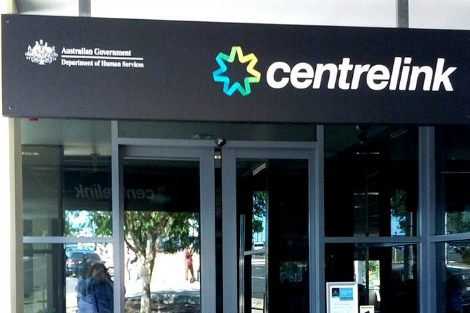
AUSTRALIA
- Kate Galloway
- 20 March 2017
17 Comments
ACTU secretary Sally McManus' comments about the rule of law have sparked a lot of chatter on news and social media. While the rule of law arguably does assume citizens will obey the law, it also assumes government will behave lawfully. Further, it might be argued that the rule of law encompasses the principled application of government power. In this respect, the Australian government is itself falling well below adhering to the rule of law. I offer Centrelink #notmydebt as a case study.
READ MORE 
-

CARTOON
- Fiona Katauskas
- 18 March 2015
1 Comment
View this week's offering from Eureka Street's award winning political cartoonist.
READ MORE 
-

AUSTRALIA
- Jim McDermott
- 02 March 2015
The inner sanctum of the Prime Minister’s office, filled with smoke. DON DRAPER sits in a chair, cigarette in one hand, tumbler of Scotch in the other.
Across, Prime Minister TONY ABBOTT. Around them, members of his cabinet.
GREG HUNT (coughing weakly): We really don't allow smoking in here.
CHRISTOPHER PYNE: Plus, how do you still look so good? It’s 2015.
Draper turns Pyne's way. His eyes glitter like steel.
DON: Really, that's what you want to talk about right now, my looks?
TONY: Now listen, Don, I did it all just like you said. Pushed up the spill motion to keep the momentum from building, said I would be more consultative, got on with the business of governing. And yet two weeks later ... Read more
READ MORE
-
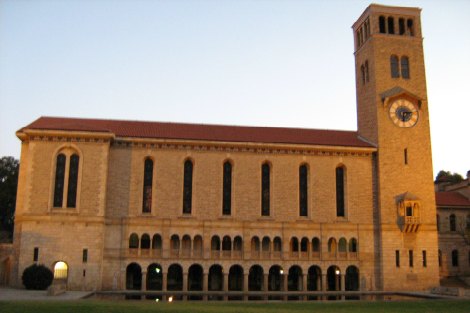
EDUCATION
- Bill Uren
- 23 January 2015
16 Comments
We can sympathise with the university Vice-Chancellors who support fee deregulation. Over many years Government financial support for higher education has been eroded in real terms, and maintaining international rankings depends upon deregulation. But do we want the major metropolitan universities to return to the financial exclusivity that characterised the early history of Australian tertiary education?
READ MORE 